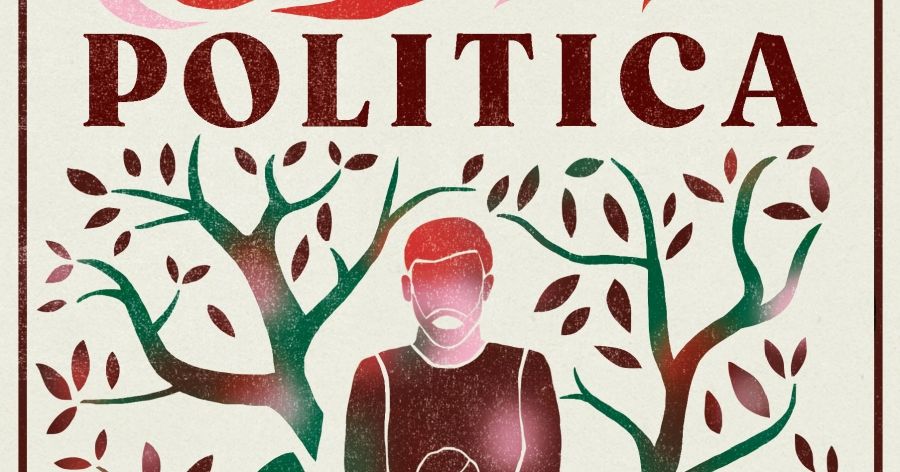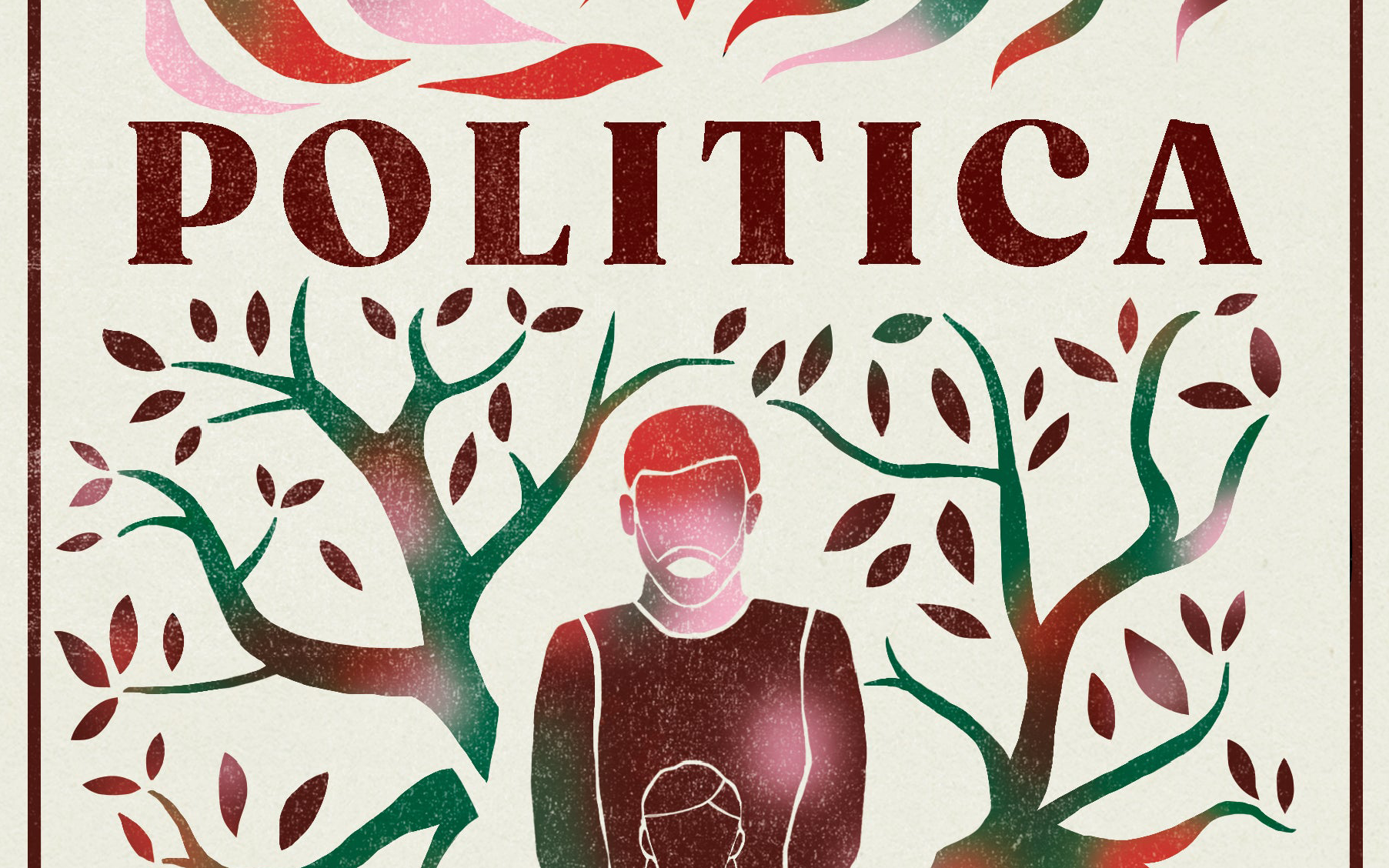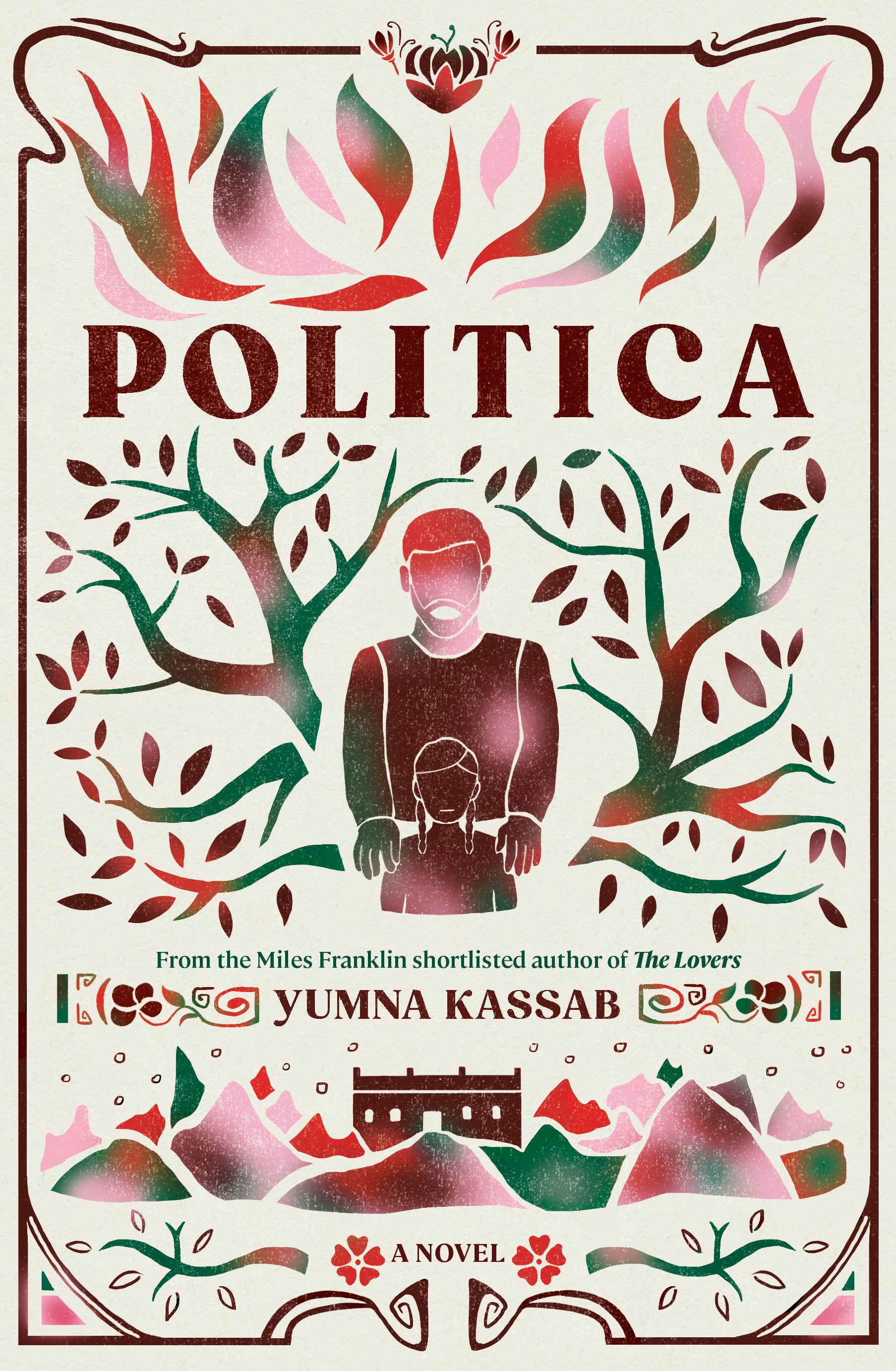
- Free Article: No
- Contents Category: Fiction
- Review Article: Yes
- Article Title: Personal and political
- Article Subtitle: Yumna Kassab’s ‘constellation novel’
- Online Only: No
- Custom Highlight Text:
‘The personal is political’ is an axiom that has become ubiquitous. Normally used within the context of feminist activism, in Yumna Kassab’s latest novel – for which it serves as the epigraph – it is a reminder of the human sacrifice of war and how every part of a civilian’s life reflects its surroundings.
- Featured Image (400px * 250px):

- Alt Tag (Featured Image): Giselle Au-Nhien Nguyen reviews ‘Politica’ by Yumna Kassab
- Book 1 Title: Politica
- Book 1 Biblio: Ultimo Press, $34.99 pb, 260 pp
- Book 1 Cover Small (400 x 600):

- Book 1 Cover (800 x 1200):

The author has a beautiful, often provident way with words, an eye for detail and observational sense, but the dearth of substantial characterisation, world building, or compelling narrative creates a feeling of drift, a lack of anchorage. The place, time, and political context of the novel is unspecified, though context clues imply that it may be somewhere in the Middle East, and that it is a colonial war. Without specifics, the reader is instead immersed in the panic of the people, the increasingly wily tactics of those in power, and the nebulous in-between where those experiences intersect.
Reading endless snapshots of hopelessness and loss – sometimes intertwined, sometimes singular – has a chilling, numbing effect. Particularly as the scope widens to include more voices, it is difficult to get to know any of the characters in any profound or meaningful way, especially since many disappear as abruptly as they are introduced.
Politica is separated into five sections, each with their own non-linear stories and timelines. Some take place in the present, some in the past. All look towards an uncertain future. In the first section, ‘Jamal’, the point of view is that of the titular young boy, whose understanding of the war is that it is ‘somewhere beyond the troubles of his life’. This perspective is moving in its innocence; Jamal makes notes of what he sees in order to ask a teacher in the future, trying to connect the life unfolding before him with what his father says.
Jamal meets the idealistic revolutionary Abdullah, with whom much of this book is concerned, namely Abdullah’s relationship with his wife Khadija, whom he meets at university in a politics class; their beliefs clash, but they begin a life anyway. He says early in the relationship, ‘Your essay is well written but here is why I do not think it will end up being true’ – possibly an omen of the shape their lives will take.
Their daughter, Yasmeen, named after a delicate flower, but raised with determined steeliness, follows in her father’s footsteps, much to Khadija’s chagrin – she would prefer a more peaceful existence (‘there were enough battlegrounds outside and she would not have their daughter turned into one as well’). But her pluckiness and ambition soon give way to the realities of political relations, as she poses for a photo shoot with an enemy president: ‘They sold out their hopes for a stage and a photograph … She sold out the dead for the sake of a false dream.’ There are stings of truth in this storyline – that idealism is fruitless in times of war.
In the section titled ‘The Well’, magic realism and mysticism come into play as stories and memories are preserved through a sentient and omnipotent well, which ‘keeps their secrets [and] their tears when they weep’. This device creates a more believable context for the polyphony of voices that follows, whether ‘offered [or] accidentally heard’; had it been introduced earlier in the piece, it might have provided a more logical framework for the book as a whole.
Elsewhere, archetypal personalities signify the characters and figureheads that inevitably appear in times of war: the bully, the sidekick, the expendables. Another, the Rat, suggests exactly what Yasmeen has gone through: selling out real people and their lives for the sake of political advancement. The Rat inverts Kassab’s epigraph: ‘The political is not personal. The other version is a lie.’
There are plenty of moving and quotable lines in Politica: ‘There are so many ways to die here but so few ways to live,’ one character thinks. Another laments that ‘once he did not need to rely on memory to see his son alive’. Each of these makes its own small impact, particularly in the current political context. It is not difficult to link these descriptions and emotions to what is happening in Gaza right now.
Considered as an entire work, Politica fails, at least for this reader, to make a lasting impact. Like a Magic Eye puzzle, one has to pull back in order to see the bigger picture from all the many intricacies, interwoven stories, ideas, and motifs – and what emerges feels frustratingly generalised. Perhaps this is an intentional way to illustrate the ugliness of power, politics, and greed, and the commonalities of life during wartime, all regardless of specifics – but painted in such broad brushstrokes, Politica ultimately feels like less than the sum of its multitudinous parts.


Comments powered by CComment